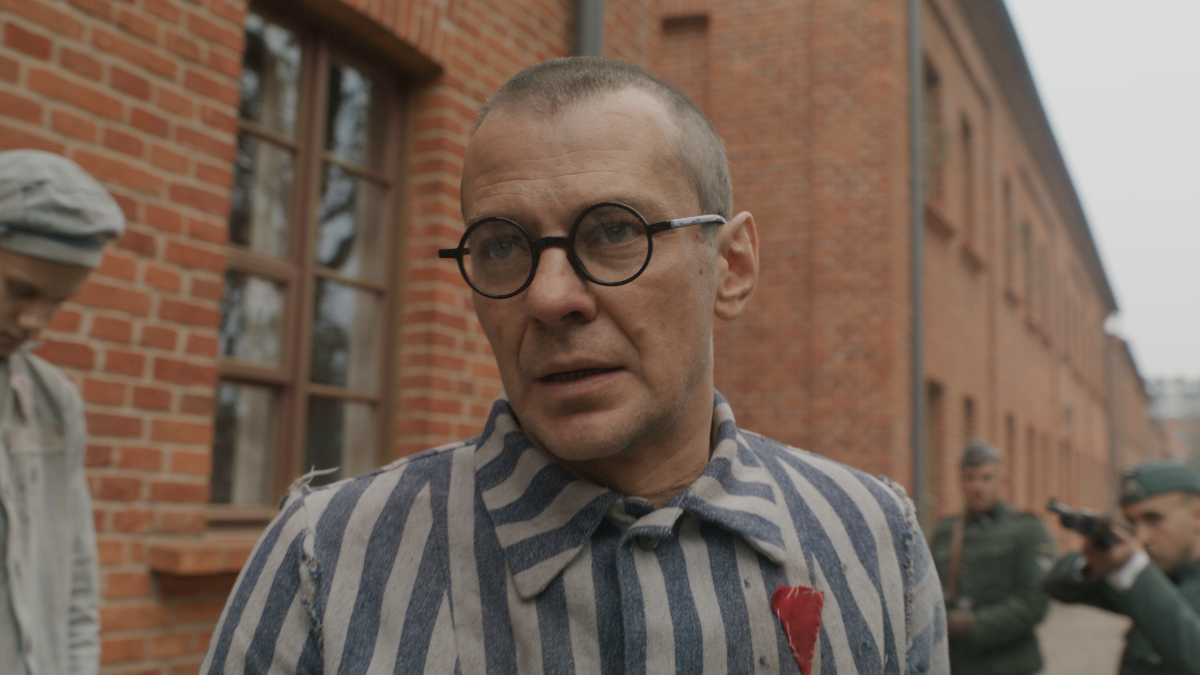The life of St. Maximilian Kolbe is depicted in the new film "Triumph of the Heart," which focuses on his final days in Auschwitz. Kolbe, a Polish priest and missionary, is known for his selfless act of offering his life in place of a fellow prisoner, Franciszek Gajowniczek, during World War II.
Explainer As A Former DC Cop, The Federal Takeover Was The Right Move
Set against the backdrop of the Auschwitz concentration camp, the film portrays Kolbe's unwavering faith and compassion amidst the horrors of starvation and despair. After being deported to Auschwitz in 1941 for sheltering refugees, Kolbe's story unfolds in a dark cell where he and other prisoners face extreme suffering.
Kolbe's character is shown as a beacon of hope, encouraging his fellow inmates to pray and maintain their dignity despite their dire circumstances. His gentle strength leads to moments of confession and absolution among the prisoners, showcasing his profound Christian witness.
The film illustrates Kolbe's efforts to instill hope and civility among the men in the starvation cell. In a particularly poignant scene, Kolbe prevents a fellow prisoner from committing suicide, demonstrating his commitment to love and redemption even in the darkest moments.
As the days progress, Kolbe's faith is depicted as a source of strength, allowing him to comfort others while facing his own mortality. His last words, "We are free," resonate as a testament to his belief in the power of love and sacrifice.
"Triumph of the Heart" was released in the U.S. on September 12, coinciding with significant national events, including the anniversary of 9/11. The film's timing is seen as a response to contemporary struggles, offering a message of hope and love in the face of suffering.
Kristen Ziccarelli, the Senior Policy Analyst for Homeland Security & Immigration at the America First Policy Institute, emphasizes the film's relevance in today's society, noting that Kolbe's sacrifice remains a powerful example of Christlike love. The film concludes with a quote from an Auschwitz survivor, highlighting the lasting impact of Kolbe's actions on countless lives.
Through its portrayal of Kolbe's life and sacrifice, "Triumph of the Heart" aims to inspire viewers to embrace love and compassion, reinforcing the idea that even in the depths of despair, faith can transform suffering into a sanctuary of hope.
Why it matters
- The film highlights St. Maximilian Kolbe's selfless sacrifice during WWII, emphasizing themes of love and redemption in dire circumstances.
- Set in Auschwitz, it portrays Kolbe's unwavering faith, offering a message of hope amidst suffering, relevant to contemporary struggles.
- The release date coincides with the anniversary of 9/11, enhancing its significance as a reminder of resilience and compassion.
What’s next
- The film is now available for viewing in U.S. theaters, encouraging audiences to reflect on its themes.
- Viewers are urged to share their thoughts on social media to promote discussions about faith and sacrifice.

